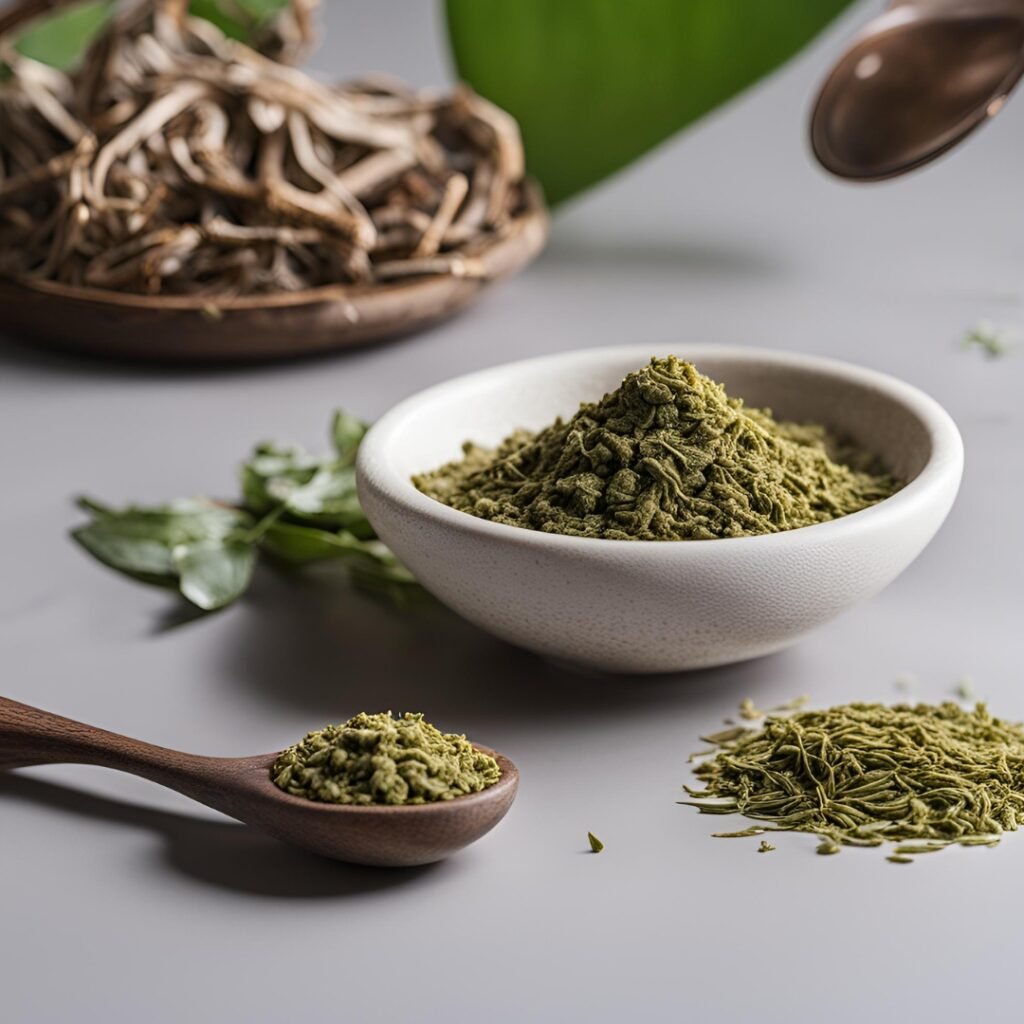Ayurvedic Dinacharya(Ayurvedic Daily Routine) for Modern Living
Ayurveda, the ancient Indian system of medicine, provides a comprehensive guide to living a balanced and healthy life. Central to this is the concept of Ayurvedic Dinacharya, or Daily Routine, which emphasizes (accent) aligning our daily activities with the natural rhythms of the day. While these practices have been around for thousands of years, they can be adapted (adjusted) to fit the demands and pace of contemporary life.

The Foundations of Ayurvedic Dinacharya
Ayurvedic Dinacharya is based on the idea that regularity and routine are essential for maintaining balance in the body and mind. By following a structured daily regimen, we can support our body’s natural rhythms, improve digestion, enhance sleep quality, and boost overall health. Here are the key components of an Ayurvedic daily routine and how they can be adapted (adjusted) for modern living.
Morning Practices
1. Waking Up Early
In Ayurveda, it is recommended to wake up during Brahma Muhurta, which is roughly an hour and a half before sunrise. This time is considered ideal for spiritual practices and starting the day with a calm mind.
- Modern Adaptation: While waking up before sunrise might be challenging for many, especially with demanding schedules, aim to wake up early enough to have some quiet time before starting your day. This could be as simple as setting your alarm 30 minutes earlier than usual to meditate, journal, or simply enjoy a peaceful moment.
2. Oral Hygiene
- Tongue Scraping: This practice involves using a tongue scraper to remove toxins and bacteria from the tongue, which promotes oral hygiene and stimulates digestion.
- Oil Pulling: Swishing a tablespoon of oil (typically sesame or coconut) in the mouth for about 10-20 minutes helps detoxify the body and improve oral health.
- Modern Adaptation: Incorporate these practices into your morning routine. Tongue scrapers are easily available and oil pulling can be done while you prepare for your day, such as during a shower or while making breakfast.
3. Drinking Warm Water
Drinking a glass of warm water with or without lemon helps kickstart the digestive system and flush out toxins accumulated overnight.
- Modern Adaptation: Make it a habit to drink warm water first thing in the morning. You can keep a thermos of warm water by your bedside or in your kitchen to make this practice easier.
4. Elimination
Ayurveda emphasizes the importance of regular bowel movements in the morning to eliminate waste from the body.
- Modern Adaptation: Drinking warm water can help promote regular bowel movements. Incorporating fiber-rich foods and staying hydrated throughout the day can also support this practice.
5. Self-Massage (Abhyanga)
Abhyanga involves massaging the body with warm oil to nourish the skin, improve circulation, and calm the nervous system.
- Modern Adaptation: Even if you don’t have time for a full-body massage, you can still benefit from a quick self-massage focusing on key areas like the head, feet, and joints. Use oils like sesame, coconut, or almond oil. Doing this before a shower can make it more convenient.
6. Bathing
A warm bath or shower after Abhyanga cleanses the body and refreshes the mind.
- Modern Adaptation: Incorporate this into your daily hygiene routine. Using natural, Ayurvedic soaps and adding essential oils to your bath can enhance the experience.
7. Yoga and Meditation
Morning yoga and meditation help balance the doshas, improve flexibility, and calm the mind. These practices set a positive tone for the day and enhance mental clarity and focus.
- Modern Adaptation: A short, 10-15 minute yoga session and a few minutes of mindfulness meditation can make a significant difference. There are many apps and online platforms that offer guided sessions suitable for beginners and those with busy schedules.
Midday Practices
1. Eating a Balanced Lunch
In Ayurveda, lunch is considered the most important meal of the day as the digestive fire (Agni) is at its peak. A balanced lunch should include a variety of tastes—sweet, sour, salty, bitter, pungent, and astringent.
- Modern Adaptation: Make lunch your largest meal of the day, incorporating whole grains, fresh vegetables, lean proteins, and healthy fats. Avoid processed foods and heavy, greasy meals that can disrupt digestion.
2. Staying Hydrated
Drinking water throughout the day is essential, but Ayurveda advises against drinking large amounts of water during meals as it can dilute digestive enzymes.
- Modern Adaptation: Sip on warm or room-temperature water between meals to stay hydrated. Herbal teas, such as ginger or peppermint, can also support digestion.
3. Midday Rest
A short period of rest after lunch, without falling into a deep sleep, helps in digestion and rejuvenation.
- Modern Adaptation: If your schedule allows, take a brief walk after lunch or practice a few minutes of mindful breathing to refresh and recharge.
Evening Practices
1. Light Dinner
Dinner should be lighter than lunch and eaten at least two to three hours before bedtime to allow proper digestion.
- Modern Adaptation: Opt for a light meal consisting of soups, salads, or cooked vegetables. Avoid heavy, fried foods and rich desserts in the evening.
2. Winding Down
Engage in relaxing activities in the evening to prepare your body and mind for sleep. This can include reading, gentle stretching, or spending time with loved ones.
- Modern Adaptation: Reduce screen time and exposure to blue light from devices at least an hour before bed. Create a calming evening ritual that signals your body it’s time to wind down.
3. Bedtime Routine
- Sleep Hygiene: Ayurveda recommends going to bed early to align with natural rhythms and ensure adequate rest.
- Oil Application: Applying a small amount of warm oil to the scalp and feet can promote relaxation and improve sleep quality.
- Modern Adaptation: Aim to go to bed by 10 PM, creating a sleep-conducive environment in your bedroom. Use essential oils like lavender or chamomile in a diffuser to promote relaxation.
Adapting Ayurvedic Principles to Modern Life( Ayurvedic dincharya)
While the core principles of Dinacharya are timeless, adapting them to a modern lifestyle involves flexibility and practicality. Here are some tips for integrating Ayurvedic practices into your daily routine:
- Start Small: Begin by incorporating one or two practices at a time, such as tongue scraping or drinking warm water in the morning. Gradually add more practices as they become habits.
- Be Consistent: Consistency is key to reaping the benefits of Dinacharya. Try to maintain your routine even on weekends and during travel.
- Personalize Your Routine: Ayurveda recognizes that each person is unique. Tailor your routine to your specific needs and constitution (Prakriti). Consulting an Ayurvedic practitioner can provide personalized guidance.
- Use Technology Wisely: Leverage modern tools like mobile apps for meditation, yoga, and habit tracking to stay on track with your Ayurvedic routine.
- Mindful Eating: Pay attention to what and how you eat. Chew your food thoroughly, eat without distractions, and listen to your body’s hunger and fullness cues.
- Stay Active: Incorporate regular physical activity into your routine. Choose activities you enjoy, whether it’s yoga, walking, dancing, or playing a sport.
- Prioritize Sleep: Ensure you get enough restful sleep each night. Follow a regular sleep schedule and create a relaxing bedtime routine.
- Stay Hydrated: Keep a water bottle with you and sip on water throughout the day. Herbal teas can be a flavorful and beneficial alternative.
- Practice Gratitude: Incorporate gratitude and mindfulness into your daily life. This can be as simple as taking a moment to appreciate your meals or reflecting on positive aspects of your day.
- Seek Balance: Strive for balance in all aspects of life. Avoid extremes and make time for relaxation and self-care amidst your busy schedule.
Conclusion
Adapting Ayurvedic daily practices to modern living offers a holistic approach to health and well-being. By integrating Dinacharya into your daily routine, you can create a balanced lifestyle that promotes physical, mental, and spiritual harmony. While the demands of contemporary life may pose challenges, small and consistent efforts to incorporate these timeless practices can lead to profound improvements in your overall health and quality of life. Embrace the wisdom of Ayurveda and discover the transformative power of a balanced daily routine.








Leave a reply